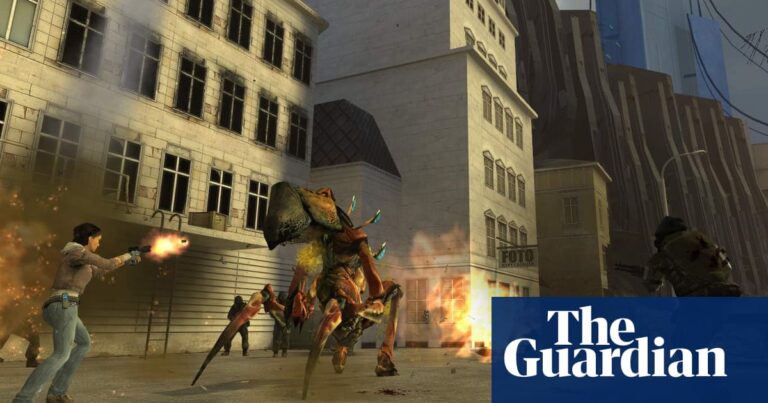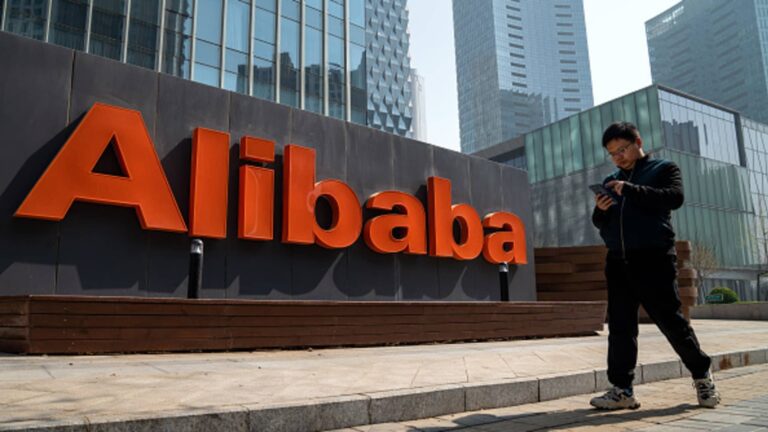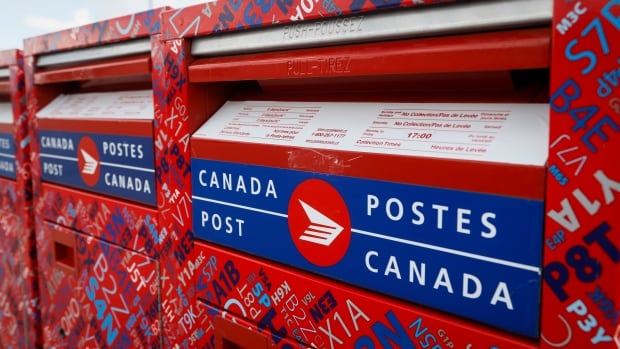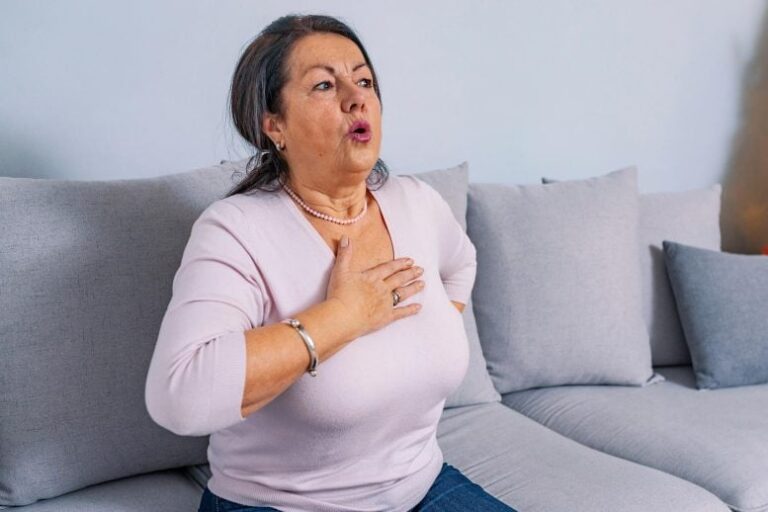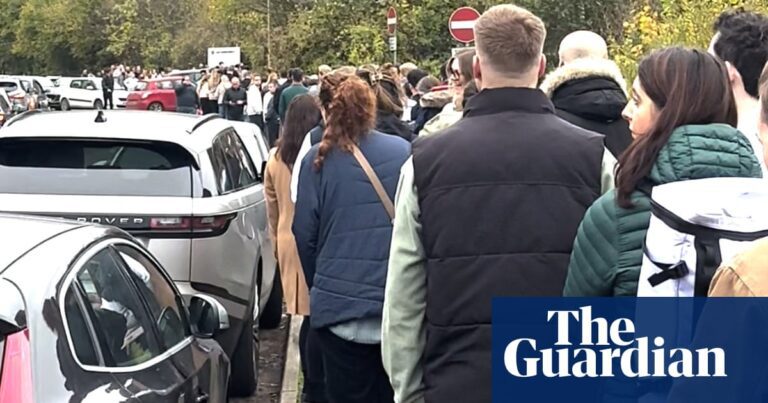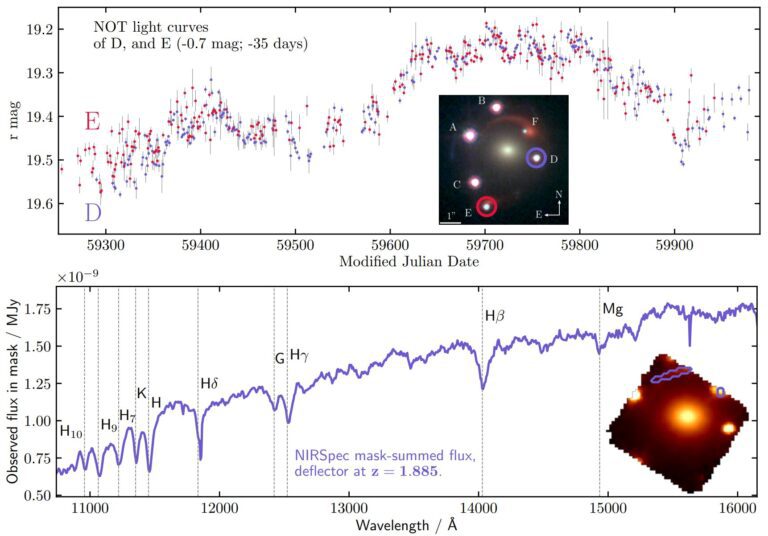
On the witness stand, Glen Littleton, one of the investors and a plaintiff in the case, said on Wednesday that Mr. Musk’s first statement on Twitter about taking the company private seemed definitive. As a result, Mr. Littleton said he began trading options.
“It was going to pretty much wipe me out,” said Mr. Littleton, 71, referring to Tesla going private. “I wanted to ensure my livelihood. This represented a threat to my livelihood.”
Timothy Fries, another investor and plaintiff in the case, testified on Friday that Mr. Musk’s first statement on Twitter appeared to present a good opportunity to invest in Tesla. He bought shares in the company the next day.
“I wasn’t ready to purchase shares until I saw the tweet,” Mr. Fries said. He thought that the deal was still being negotiated but that Mr. Musk’s post meant “there was a committed party and those funds had been vetted.”
The trial started less than three months after Mr. Musk acquired Twitter and fired most of that company’s employees. He has also alienated many people by changing the social media platform’s content rules, reinstating some users whose accounts had been suspended in the past, including former President Donald J. Trump.
Mr. Musk’s team tried to have the case moved to Austin, Texas, where Tesla is based, arguing that he couldn’t get a fair trial in San Francisco because of local news coverage of his Twitter takeover. Judge Chen denied that request.
During jury selection on Tuesday, some prospective jurors described Mr. Musk as “not necessarily likable,” “another arrogant rich guy” and a person who wrote occasionally “ill-informed” social media posts. None of those jurors were selected.
Instead, the case will be decided by a jury of two women and seven men — one of whom said his thoughts about Mr. Musk and Tesla were “nothing” in his juror questionnaire, and one of whom called Mr. Musk a “fast-rising businessman.” The trial is expected to last around three weeks.
Peter Eavis contributed reporting.

